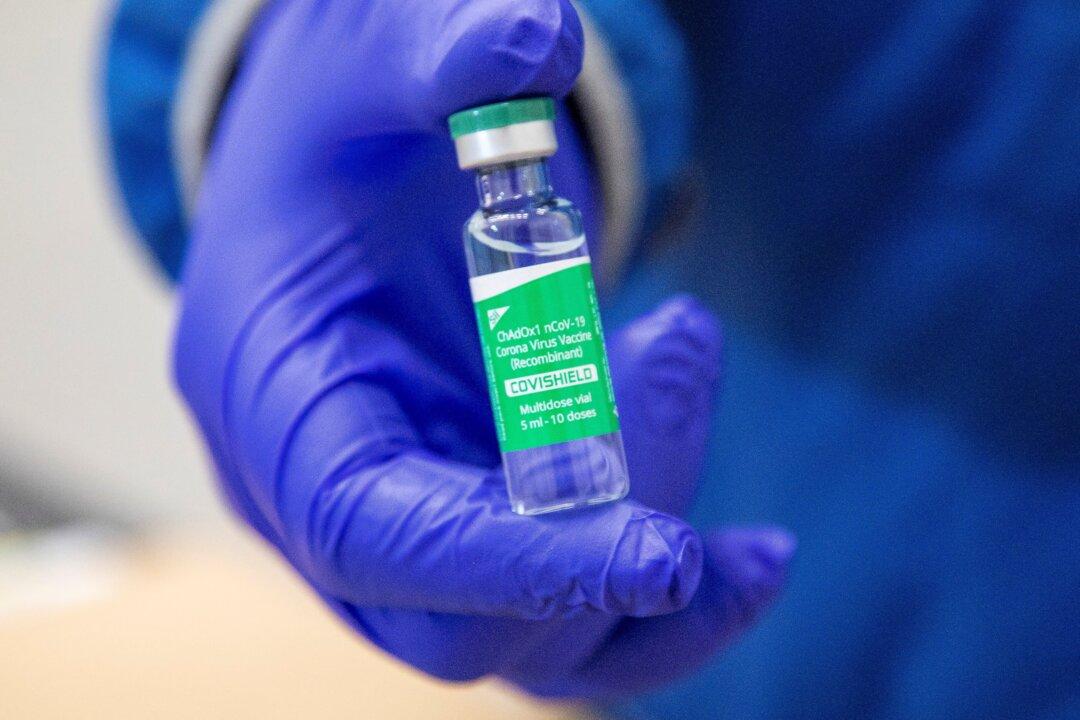The under-reporting of adverse events linked to COVID-19 vaccination is caused by clinical, political, systemic, and media factors, says a recent study, which leads to misguided recommendations by authorities.
“The relative prevalence of side effects following COVID-19 vaccination is largely underestimated and does not correspond to reality,” says its author Patrick Provost, a full professor in the Department of Microbiology, Infectious diseases and Immunology at the Faculty of Medicine of Université Laval in Québec City.





